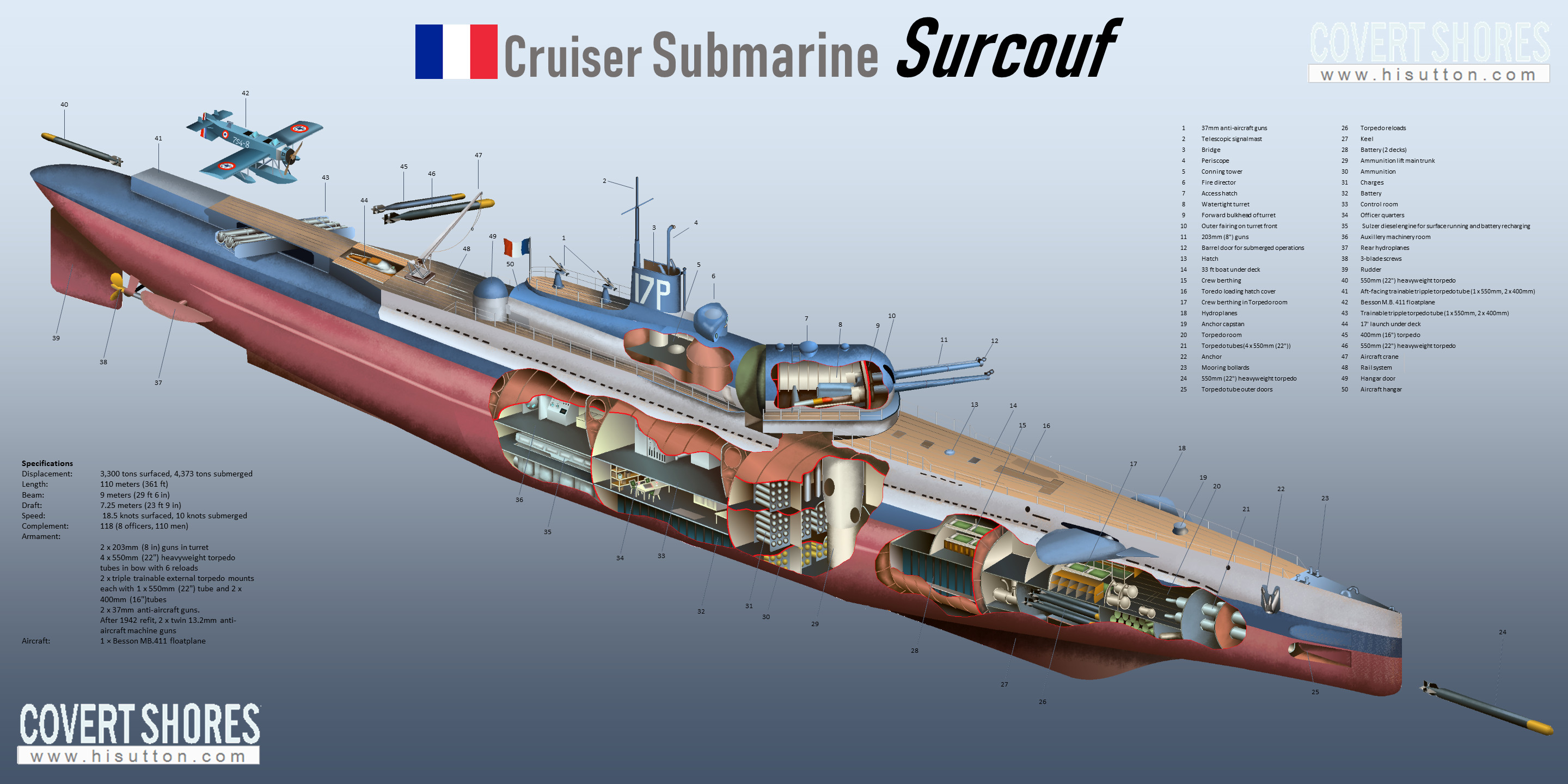Jura The idiot
General
Jun 4, 2017
now want to commemorate the 76th anniversary, toooff top of my head (feel free to add any details):
almost exactly three quarters of century ago, in the morning of June 4, 1942, in the area off Midway, two squadrons, under the command of McClusky, of dive bombers off the USS Enterprise were able to find, while low on fuel, the Japanese battle group and wreak havoc on it;
on the way back, many aircraft ran out of fuel, and their crews were never seen again
just wanted to briefly commemorate these particular events here


